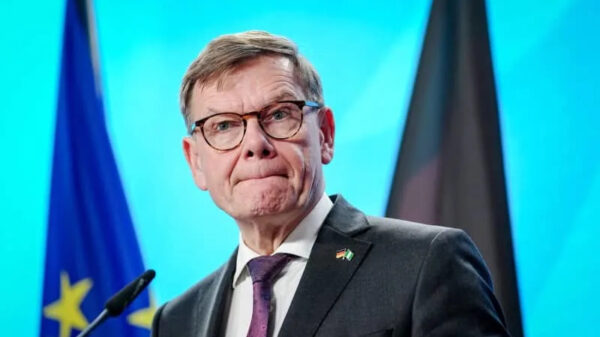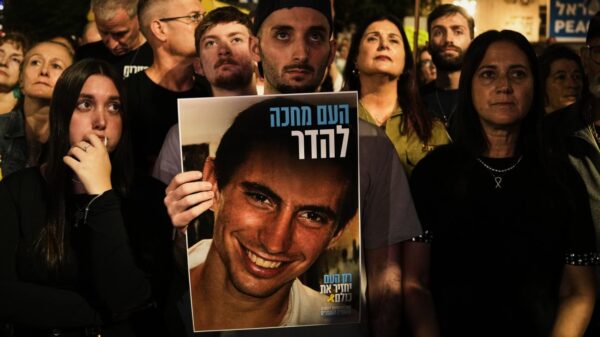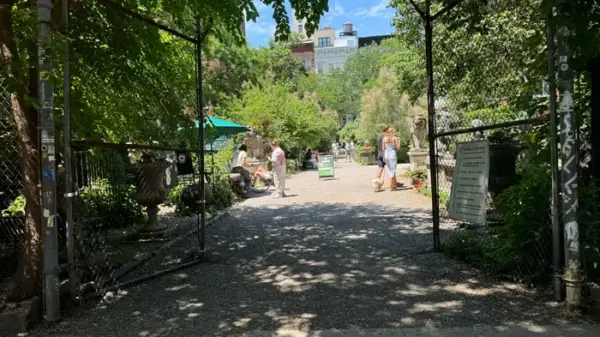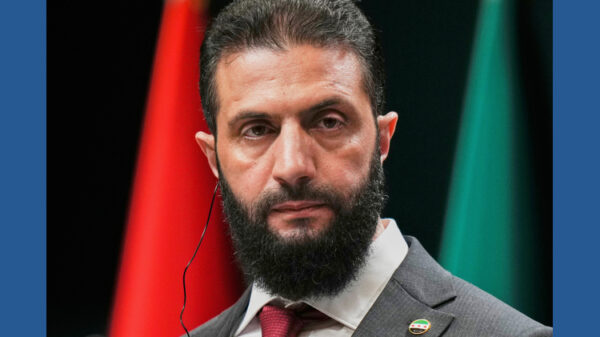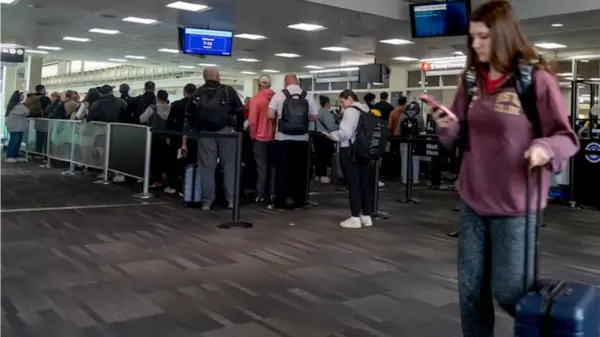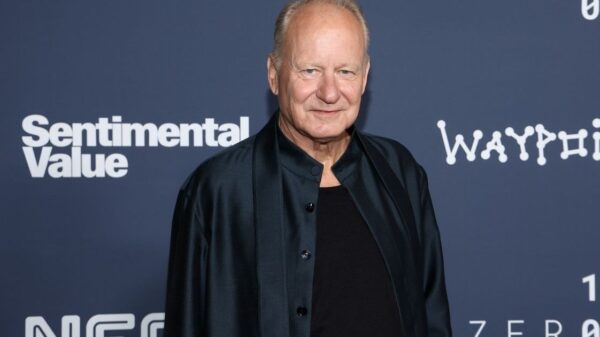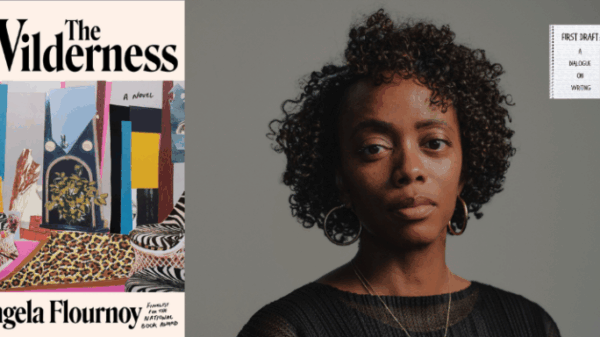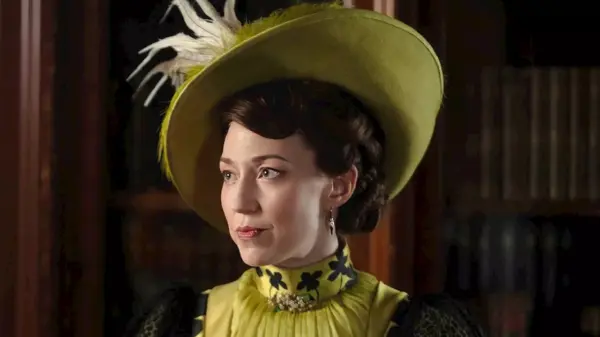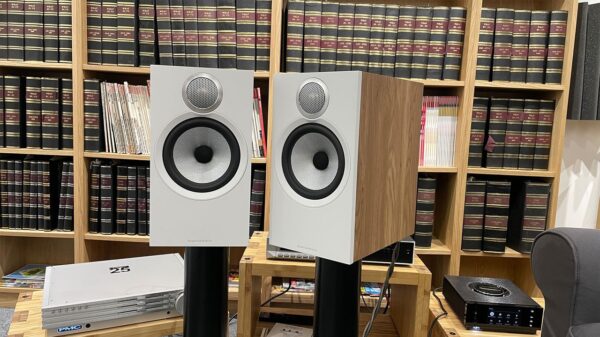The future of the Elizabeth Street Garden hangs in the balance following the election of Zohran Mamdani as mayor of New York City. Mamdani has pledged to displace the garden’s private operators in order to construct a new affordable housing development aimed at assisting formerly homeless seniors. This move could reshape the landscape of lower Manhattan, igniting tensions between housing advocates and supporters of the popular urban green space.
Mamdani’s commitment to expediting the eviction of the garden’s operators marks a significant shift from the stance taken by outgoing Mayor Eric Adams. Just before the Democratic primary in June, Adams and his administration, including First Deputy Mayor Randy Mastro and local Councilmember Christopher Marte, announced a decision to allow the garden to remain while pursuing alternative housing developments in the area. Now, Mamdani’s election promises to revive long-standing debates over land use in the city.
In various interviews, Mamdani has expressed his intent to clear the garden site for the new housing project. The planned development, dubbed “Haven Green,” aims to add 123 units of affordable housing, with a portion of the lot retained as a public garden. This proposal has already faced criticism, as advocates for the garden argue that its removal would deny the community valuable green space.
Legal experts suggest that the garden’s operators are in a precarious situation. Andrew Scherer, a professor at New York Law School, noted that a judge signed an eviction order in March, placing the operators in a “very vulnerable position.” Scherer stated that Mamdani possesses the legal authority to proceed with eviction plans. He emphasized the need for a balanced approach that accommodates both housing demands and the preservation of open spaces.
The Elizabeth Street Garden was largely inaccessible to the public until approximately 2013, when the city identified the lot as a potential site for new housing developments. Since then, the garden has transformed into a cherished urban retreat. The fight to protect it intensified in 2017 when the proposal for the Haven Green project emerged under former Mayor Bill de Blasio.
The garden’s operators ceased paying rent in 2018, leading to a judicial finding that they owe the city $95,000 in back rent. While they did not respond to inquiries about their current rental status following Mamdani’s election, they released a statement on October 28, vowing to protect the garden from any efforts to dismantle it.
Marte’s City Council district has seen the addition of roughly 2,175 new units of affordable housing over the past decade, a figure that pales in comparison to developments in parts of the Bronx. Despite supporting Mamdani’s candidacy, Marte has expressed differing views on housing strategies, particularly concerning new ballot measures that allow the mayor to expedite residential development with less oversight from the City Council.
A spokesperson for Adams indicated that the administration would maintain the garden’s status during the remainder of his term, which ends later this year. Meanwhile, Mamdani’s campaign did not provide further clarification on the garden’s future.
Housing advocate Kathleen Webster argues that the proposed development could strike a balance between increasing housing availability and preserving some green space. “We are in an era where we better learn to share,” she remarked, acknowledging that compromises may be necessary.
As the city grapples with a housing crisis, the ongoing debate over the Elizabeth Street Garden encapsulates the complex challenges of urban development, community interests, and the pursuit of affordable housing solutions. The outcome may set a precedent for future projects as Mamdani navigates the delicate balance between his campaign promises and the expectations of constituents who cherish the garden.









